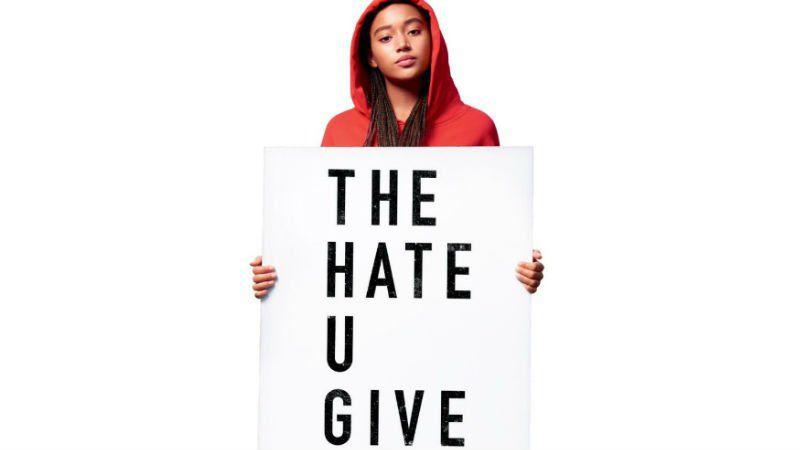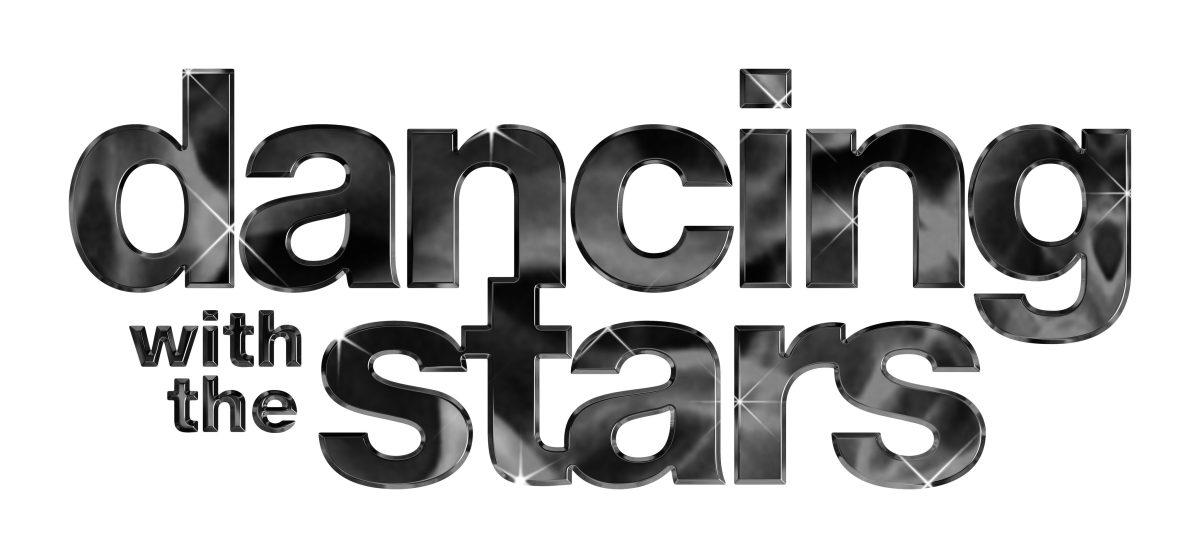This movie was hard to watch, but important to see.
“The Hate U Give” is a coming-of-age story about something that happens far too often in our society. A young black girl has to navigate a world that is set against her because of her skin color. She has to learn how to fight back in a world where her childhood best friends have all been killed by gun violence.
The story surrounds 16-year-old Starr Carter (Amandla Stenberg) who lives in a predominantly black neighborhood in Georgia called Garden Heights. As the narrator, Starr explains how she has two versions of herself. Version one fits in with Garden Heights, while version two is tailored to her white private school she attends.
After a party in Garden Heights, Starr’s childhood friend Khalil (Algee Smith) begins to bring her home when the two are pulled over by a white police officer. Thinking Khalil is holding a weapon, the police officer fires his gun killing him.
Following Khalil’s murder, Starr, as the only witness to the crime, is confronted with question after question about Khalil’s character and his relation to the local drug scene: Should this matter? Did this give the police officer the right to murder a black man because he might be reaching for a weapon?
This film takes pieces of information from real life cases of police brutality and pieces it together in a format that sends a very clear message — black men and women are dying by the impulsive, prejudice actions of police officers.
A flashback scene shows Starr’s dad (Russell Hornsby) giving Starr and her brother Seven (Lamar Johnson) “The Talk” on what to do when they encounter a police officer. He tells them to answer their questions but say nothing more — to keep their hands on the dashboard at all times and to announce their movements prior to making them. Finally, he gives them a copy of The Ten-Point Program, a set of guidelines established by The Black Panther Party for members to live by.
“The Hate U Give” is politically relevant and full of sudden and striking scenes that will leave audiences in shock. These scenes are so potent, not because they are scary or gory, but because we know it’s a widespread problem happening all across the U.S..
The title of the film comes from rapper Tupac Shakur who made an acronym to “thug life” that stands for “The Hate U Give Little Infants F***s Everybody.” This is one of the most prevalent themes in this movie. Children are not born with hate and racism in their hearts. They watch society around them and conform to fit in.
The film has multiple scenes showing the local community coming together and organizing demonstrations and protests in Khalil’s honor. These scenes are extremely relevant in today’s climate. Whether the protests are peaceful or disruptive, they are oftentimes met with resistance and violence from law enforcement and government officials.
Police brutality is often an issue that, for some, is easy to glance over and choose to look past. When watching this movie, however, it’s impossible to ignore. Everyone should see this film, especially those fortunate enough to be able to glance over the issue in real life.







